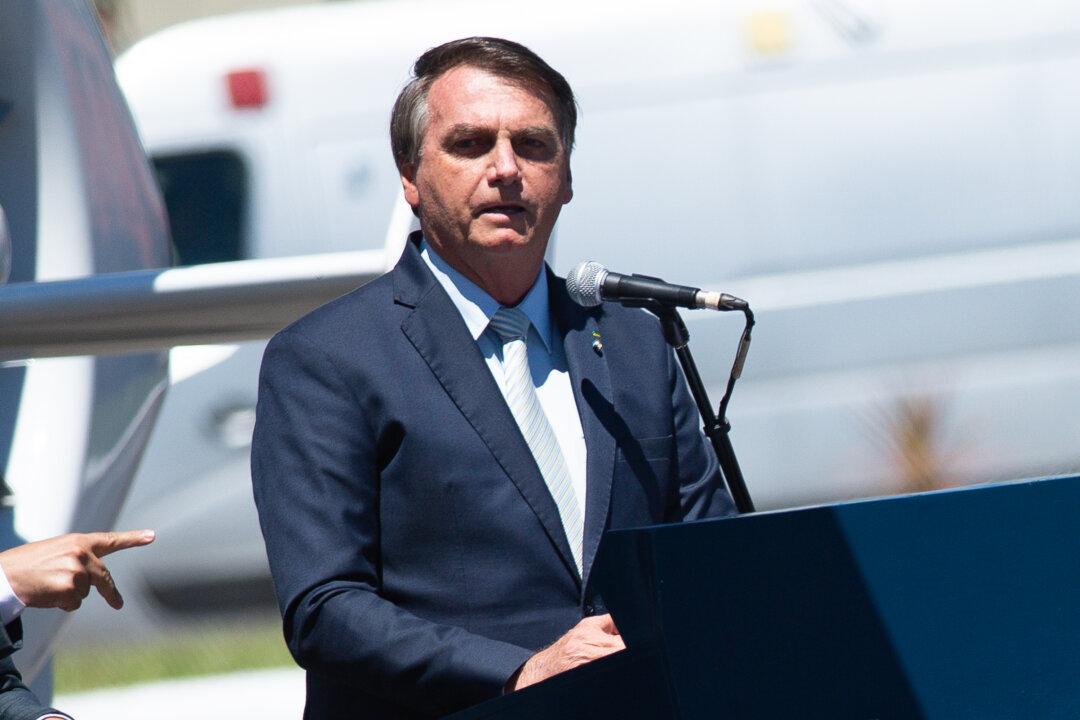BRASILIA—Allies of Brazil’s right-wing President Jair Bolsonaro are set to win leadership roles in Congress on Feb. 1, bolstering his standing but not necessarily his economic team’s reform agenda, analysts and politicians said.
Rodrigo Pacheco of the center-right Democrats party, whom Bolsonaro has endorsed, is expected to easily win election as president of the Senate, with 55-60 votes in the 81-seat chamber, according to risk consultancy Arko Advice.





